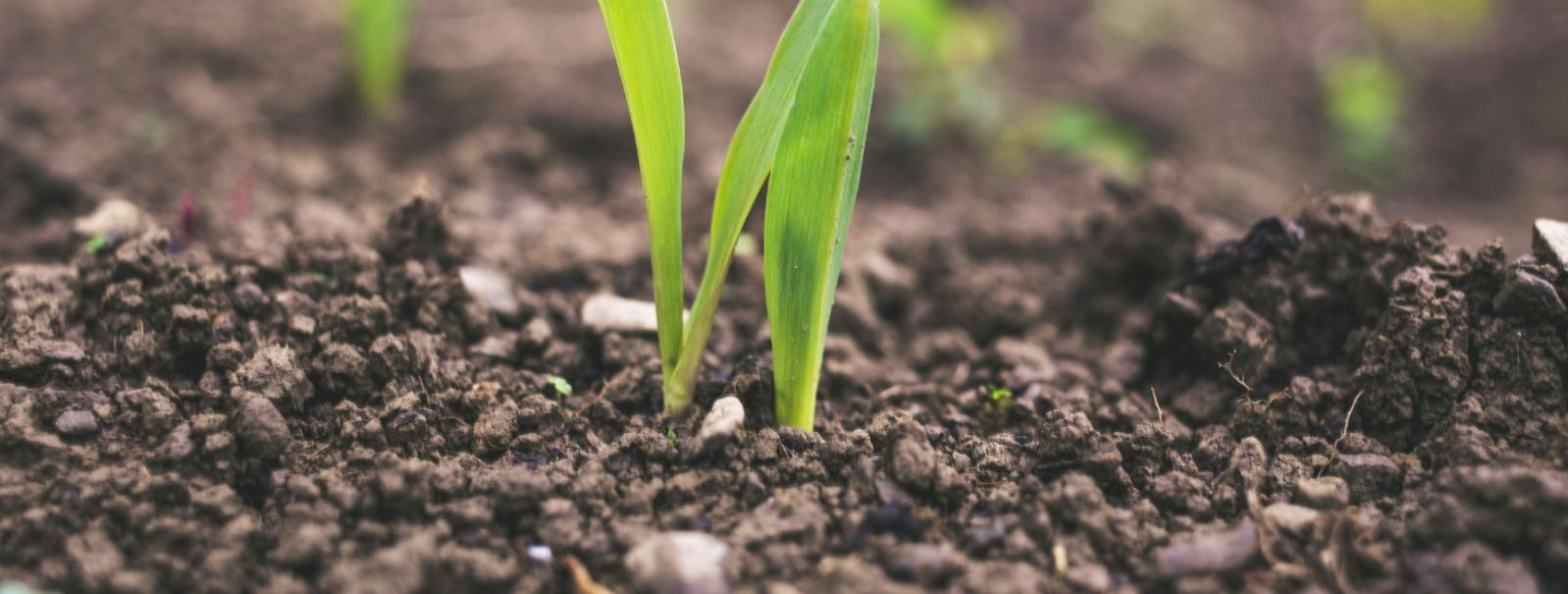5 tips for eco-friendly soil management
Soil is the foundation of any garden or landscape. It supports plant life by providing nutrients, water, and a medium for root systems to grow. However, conventional soil management practices often overlook the long-term health of the soil and the environment. Eco-friendly soil management is about nurturing the soil in a way that is sustainable and beneficial to the ecosystem.
Healthy soil is teeming with life, containing billions of microorganisms that play a critical role in decomposing organic matter, cycling nutrients, and supporting plant growth. Maintaining this delicate ecosystem is essential for the long-term productivity of any landscape.
Soil management practices have a direct impact on the environment. Poor soil management can lead to erosion, water pollution, and the loss of biodiversity. Conversely, eco-friendly practices can help combat climate change by sequestering carbon and reducing greenhouse gas emissions.
Tip 1: Organic Matter Enrichment
Composting is a cost-effective way to enrich soil with organic matter. By recycling kitchen scraps and yard waste into compost, you can improve soil structure, water retention, and nutrient content.
Organic mulches, such as straw, wood chips, or leaf mold, not only suppress weeds but also slowly decompose, adding nutrients back into the soil and improving its overall health.
Tip 2: Sustainable Water Management
Drip irrigation is a water-efficient method that delivers water directly to the plant roots, reducing evaporation and runoff. It's an ideal system for maintaining healthy soil moisture levels without wasting water.
Collecting rainwater in barrels or through a rain garden can provide an eco-friendly water source for landscaping needs, reducing the demand on municipal water supplies and helping to recharge local aquifers.
Tip 3: Natural Pest Management
Encouraging beneficial insects, such as ladybugs and lacewings, can naturally control pest populations without the need for chemical pesticides that can harm soil health.
When pest control is necessary, opting for organic pesticides can minimize the impact on the soil ecosystem and prevent the buildup of harmful chemicals.
Tip 4: Crop Rotation and Plant Diversity
Rotating crops and including a variety of plants in your landscape can prevent soil depletion, reduce pest and disease outbreaks, and improve soil structure and fertility.
Incorporating a diverse range of plants can create a more resilient ecosystem, with different species supporting each other and the soil.
Tip 5: Soil Testing and Amendment
Regular soil testing can reveal nutrient deficiencies and pH imbalances, allowing for targeted amendments that support soil health without overuse of fertilizers.
When amending soil, it's important to choose eco-friendly options like organic fertilizers, biochar, and mycorrhizal fungi to enhance soil fertility and structure while being mindful of the environment.





Comments (0)